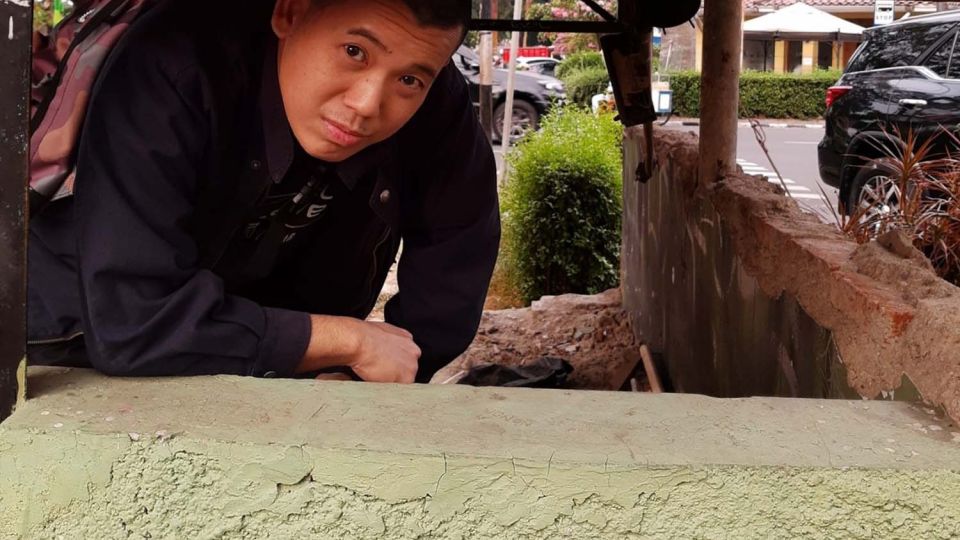April 13, 2022
JAKARTA – After waiting for nearly a decade while cases remained rampant, indeed rising year after year, Indonesia will finally have a law that should combat sexual violence.
Last week, all but one House of Representatives faction – the Prosperous Justice Party (PKS) – approved bringing the sexual violence eradication bill to the plenary session in the coming few days for approval, after they, along with the government, completed deliberations in the working committee of the House Legislation Body (Baleg).
Lawmakers, spearheaded by the Baleg, and the government had been fast-tracking deliberations since late last month after President Joko “Jokowi” Widodo made a public appeal to the House to immediately pass the bill.
The bill had undergone several revisions from the original draft submitted years ago. Now, it promotes a victim-centered approach by providing victims with access to restitution from a so-called victims’ trust fund, integrated services to handle cases and victim rehabilitation. It also contains an expanded definition of sexual violence, namely physical and nonphysical sexual harassment, sexual torture, forced contraception, forced sterilization, forced marriage, sexual slavery, sexual exploitation and cybersexual harassment.
Despite its drawbacks of not defining rape and regulating for coerced abortions, at least now we have legislation that specifically deals with sexual violence.
Its deliberation had been on and off the table at the House since the National Commission on Violence Against Women (Komnas Perempuan) lobbied lawmakers to endorse the bill in 2012 in response to the rise in sexual assault cases in the country.
It gained further prominence in 2016, when activists called for the acceleration of the bill’s passage in response to the shocking gang rape and murder of a 13-year-old schoolgirl by 14 drunk men in Bengkulu. But the deliberations came to a standstill in the following years as a result of sharply divided views among lawmakers. Resistance came from lawmakers holding conservative views and, in particular, the PKS which, to date, still insists that the bill will promote adultery.
Late last year, Education, Culture, Research and Technology Minister Nadiem Makarim signed a ministerial decree to address sexual violence in universities, setting a benchmark for how sexual violence should be fought.
The decree, too, received pushback from Islamic groups, which were quick to demand revocation of the regulation over concerns that it would legalize extramarital sex. But Nadiem was adamant about a decision he believes is a signal to the academic community that “the government is here to protect you, our children and the future generations”.
The prospective law may not be a panacea that can help us address the roots of the problem. We can, however, expect the law, when it comes into force, to deter individuals from committing sexual violence. The government must also work fast to devise implementing regulations for the law.
However, the biggest challenge Indonesia faces in its quest to end sexual violence once and for all is how to instill gender equality in this paternalistic, misogynistic country. While we welcome the much-awaited law, it is time for us to step up measures against all forms of sexual violence.
Nobody should fall prey to this crime anymore.


